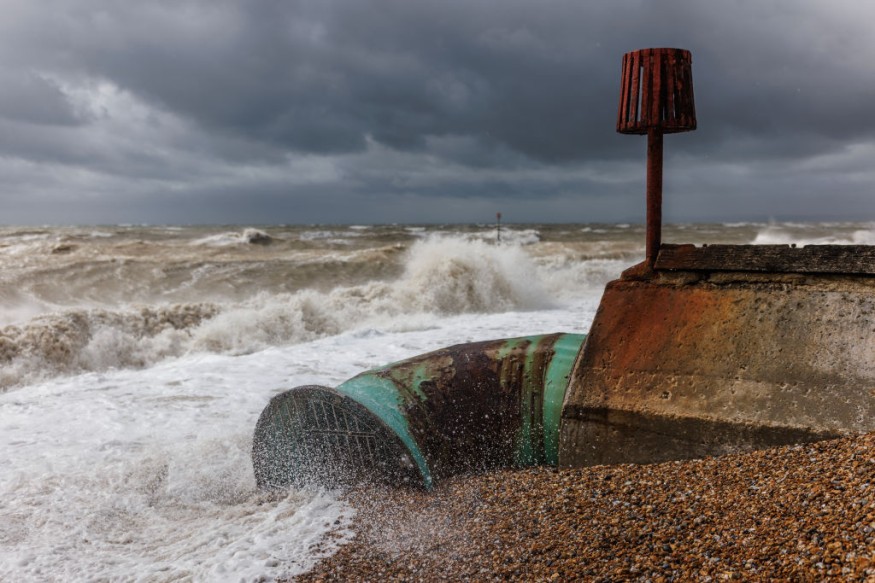
Failure to implement policies in the United Kingdom has increased sewage contamination, urban flooding, and water supply interruptions.
The Conservatives' repeated failure to execute guidelines to create "sponge cities" has resulted in considerably more apparent sewage pollution, greater flooding, and an increase in the number of instances of water being cut off for residents and businesses.
Sponge Cities
The term "sponge cities" refers to metropolitan regions that include an abundance of natural areas such as trees, lakes, and parks, as well as other beneficial design elements that absorb rain and prevent flooding.
In recent years, there has been a surge in interest in harnessing nature-or utilizing "nature-based solutions"-to combat climate change.
Shanghai, New York, and Cardiff are all embracing their "sponginess" with inner-city gardens, enhanced river drainage, and plant-edged sidewalks.
Alastair Chisholm, the director of the Chartered Institution of Water and Environmental Management, calls on the next administration to launch an independent probe of water firms, which have been accused of rampant contamination and profiteering, as well as regulators, who have failed to effectively supervise the privatized business.
"Over 30 years on from water privatisation, with widespread urbanisation and agricultural intensification, a fresh approach - including potential reform of water regulators - is needed," the report said.
The author of the report conducted interviews with water and environmental professionals.
They were overwhelmingly dissatisfied with water company ownership and operations. Only 6% of the professionals polled supported maintaining the current approach to ownership, corporate governance, and regulation.
After a decade of delays and attempts to reject the plans, the report calls on the Conservative administration to finally adopt rules to construct sponge cities.
Sponge cities are urban neighborhoods featuring a lot of vegetation, trees, ponds, soakaways, pocket parks, and permeable paving to let water drain away. They also include rainwater and runoff storage methods, such as the extensive use of water butts.
Public Outcry
In its latest business plan, Thames Water says that by 2015, London had experienced the greatest decline in plant cover in front gardens of any city in the UK, with five times as many front gardens with no plants as the previous ten years.
According to the corporation, this increased the load on sewers and the possibility of pollution.
However, the Conservative government has failed to put in place requirements specified by Schedule 3 of the Flood and Water Management Act 2010, which required developers to install sustainable drainage systems in new constructions. Conservative politicians have claimed that the standards will be prohibitively expensive for developers.
The public outcry over sewage pollution, as well as discoveries about water firms abusing storm overflows to dump raw sewage into rivers, which should only happen in extraordinary circumstances, have compelled the government to reconsider Schedule 3. However, it has not yet been declared required for developers.
"Sponge cities are not a new concept and are being delivered internationally to manage demands for growth amidst water - typically flood and drought - crises. In the UK we have our own water crises spanning these same challenges of either too much or too little water, as well as pollution," said the report.
Related Article : Drying of Water Well in Central Valley Can Affect Communities' Drinking Water in California, Research Warns
© 2025 NatureWorldNews.com All rights reserved. Do not reproduce without permission.





